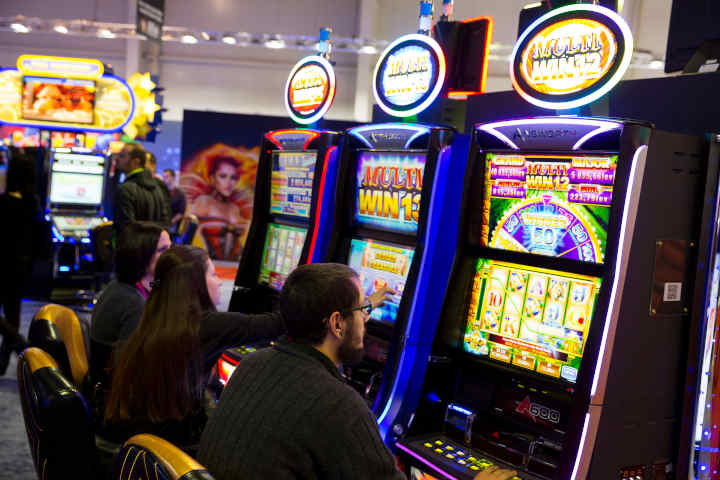Lottery gambling has woven itself into the fabric of many cultures around the world, transcending mere entertainment to become a significant social, economic, and psychological phenomenon. At its core, lottery gambling embodies the universal human attraction to chance and the hope for a better future. This allure is deeply rooted in the quest for luck and fortune, making it a shared experience that crosses borders and unites people across diverse backgrounds. In many cultures, lotteries serve not only as a means of recreation but also as a social ritual, bringing communities together in the anticipation of a life-changing win. The communal aspect of lottery draws, often held publicly, fosters a sense of camaraderie and shared excitement among participants, reinforcing social bonds and collective identity. Economically, lotteries are often viewed as a vital source of revenue for governments and community projects. Funds generated from ticket sales frequently support public services such as education, infrastructure, and healthcare. This symbiotic relationship between lotteries and public funding makes them an integral part of societal functioning in many regions.

People participate in lotteries not just for personal gain but also with the understanding that their contributions help fund important community initiatives. This collective investment reinforces the cultural significance of lotteries as a tool for social progress and development. Psychologically, lottery gambling offers individuals a chance to escape the monotony of everyday life. The dream of winning large sums of money provides hope and motivation, enabling players to envision a brighter future. For many, the thrill of participating in a lottery represents a momentary reprieve from economic hardships and life’s challenges. This psychological dimension is particularly pronounced in cultures where economic disparities exist, as lotteries can represent a rare opportunity to change one’s socioeconomic status. The idea that anyone, regardless of their background, can win big fuels a sense of equality and possibility, resonating deeply with the human spirit. Moreover, the cultural significance of haitogel lotteries is often reflected in traditions and folklore. Many cultures have rich narratives surrounding luck, fate, and fortune, which are echoed in their lottery practices.
These stories often serve to teach values such as patience, hope, and perseverance, connecting generations through shared beliefs and experiences. In some cases, lottery-related rituals and celebrations have even evolved into festivals, further embedding lotteries into the cultural landscape. However, it is essential to acknowledge the potential negative consequences associated with lottery gambling. Issues such as addiction, financial hardship, and the exploitation of vulnerable populations must be addressed to ensure that lotteries remain a positive cultural element. Responsible gambling practices and educational initiatives can help mitigate these risks, allowing communities to enjoy the benefits of lottery participation while minimizing harm. In conclusion, lottery gambling is an essential part of many cultures, reflecting universal themes of hope, community, and economic development. Its role as a social ritual, funding mechanism, and source of psychological relief underscores its significance, making it more than just a game of chance. As societies evolve, the cultural importance of lotteries will likely continue to adapt, ensuring their place in the human experience for generations to come.